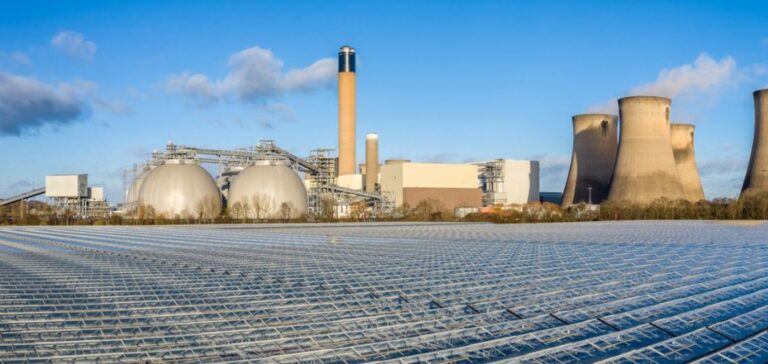The UK carbon market is in a state of flux, with growing speculation about the country’s decarbonization strategy in the event of a Labour Party victory in the July 4 general election. Analysts and traders anticipate that this political change could lead to closer trading ties with the European Union, potentially aligning the UK Emissions Trading Scheme (UK ETS) with the EU Emissions Trading Scheme (EU ETS).
Over the past year, UK Allowances (UKAs) have struggled, partly due to Prime Minister Rishi Sunak’s watering down of climate commitments. The latter has delayed the ban on sales of internal combustion engine cars and the phasing out of gas boilers, thus weakening the complexity of the carbon market.
Market expectations
However, in recent months, UKAs prices have shown a steady recovery, against a backdrop of expectations of a change of government that would be favorable to the country’s energy transition. On July 1, Platts, part of S&P Global Commodity Insights, valued UKAs at 45.74 GBP/tCO2e, marking a recovery from January 29, when they were at an all-time low of 31.42 GBP/tCO2e. This rise is partly explained by increased demand and reports suggesting that a new Labour government would seek to align the UK market with the EU ETS.
An analyst at Carlton Carbon pointed out, “A Labour victory could still be the catalyst for a short-term peak above GBP50/t, but if UKAs overestimate themselves without a solid foundation, sellers would be delighted to take their money out of the market.”
Diverging carbon prices
Carbon prices in the UK and the EU have diverged over the past 12 months. Last summer, EUAs were at a premium of almost 40 EUR/t to UKAs, as Sunak put forward his agenda to reduce energy bills. In June, EUAs were trading at a 10-15 EUR/t premium to UKAs, reflecting a resurgent European Parliament and fragile demand due to economic headwinds.
Tim Atkinson, director of carbon sales and trading at CFP Energy, said the fall in UK carbon prices last year was directly linked to the government’s backtracking on carbon neutrality promises. However, he added: “The price of UK carbon allowances has risen unexpectedly in recent weeks, thanks in part to increased buying by traders who see a Labour government taking a tougher stance on carbon emissions.”
Pressure for alignment with EU ETS
Many players in the energy and renewables sector are lobbying the government to link its emissions trading scheme to that of the EU. Trade association Energy UK has repeatedly warned that “low and volatile” carbon prices under the UK ETS are undermining investment in clean energy. With the introduction of the Carbon Adjustment Mechanism at the EU’s borders, British companies could incur “high costs” in trading with their main export market.
Analysts at S&P Global Commodity Insights expect the UK general election to have a significant impact on the country’s decarbonization efforts. The Labour Party’s 2024 manifesto proposes to bring forward the goal of a net-zero electricity system to 2030, five years ahead of the current Conservative government’s target.
The forthcoming elections could mark a turning point in the UK’s climate policy. Potential alignment with the EU ETS could stimulate private investment in clean energy and position the UK at the forefront of the global green economy. However, without a commitment to additional public funding, the realization of these ambitions remains uncertain.






















